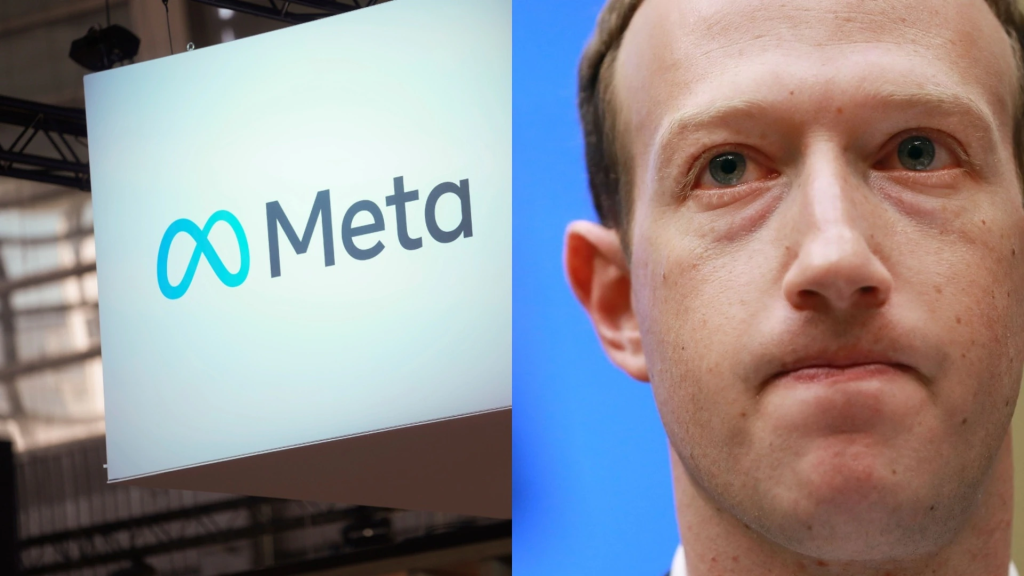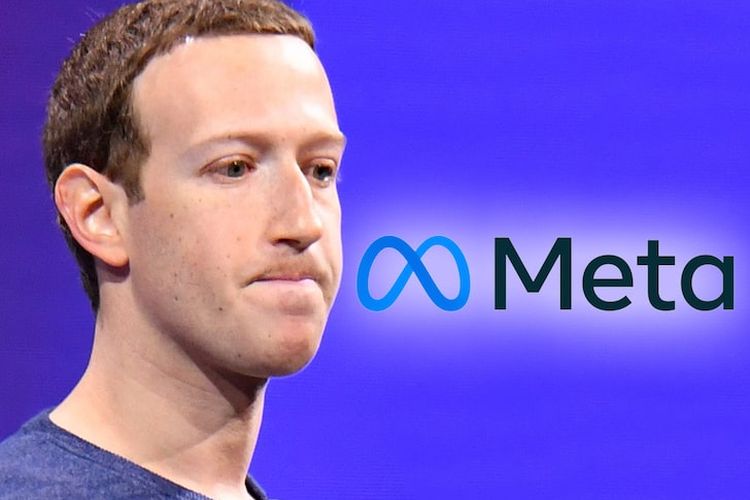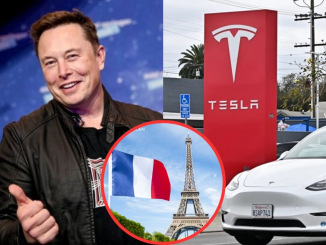
In a world where social media is king, Mark Zuckerberg’s empire is facing an unprecedented battle for its very survival. Meta, the tech giant that once dominated the digital world with platforms like Facebook, Instagram, and WhatsApp, is making moves that have sent shockwaves through the industry. Zuckerberg’s latest controversial decision to separate Instagram from Meta has left many questioning whether this is a sign of desperation or a strategic play to secure his company’s future. As the competition heats up, with TikTok now ruling the social media landscape, Zuckerberg finds himself at a critical crossroads. Is Meta’s shift a bold vision for the future, or a reaction to the growing dominance of TikTok?
Meta’s Bold New Strategy: A Risk or Revolution?
Meta’s world-changing platforms, once unassailable, are now at risk. Zuckerberg’s decision to distance Instagram from Meta is far more than a simple restructuring move – it’s a declaration of intent. But why separate from Instagram, a platform with millions of active users and massive advertising potential? The rationale behind the split is multifaceted: mounting pressure over data privacy concerns, a growing discontent with Meta’s handling of fake news, and an attempt to cater to younger, more dynamic audiences. However, the move to focus on new ventures, particularly virtual reality (VR) and the metaverse, raises more questions than answers. While Meta has invested heavily in VR, the returns have been underwhelming. Can Zuckerberg pivot successfully, or will this gamble backfire?
Zuckerberg vs. TikTok: A Rivalry for the Ages

TikTok has captured the attention of the world, especially Gen Z, and in doing so, it has become the biggest threat to Meta’s reign. With its algorithm that prioritizes short-form, highly engaging videos, TikTok has built a loyal, younger user base that Meta has struggled to replicate. Zuckerberg, once at the top of the tech world, has found himself trying to play catch-up. His company’s response? Reels – Instagram’s answer to TikTok. But despite heavy investments, Meta’s attempts to replicate TikTok’s viral success have faltered. While TikTok continues to grow in influence, Meta’s relevance is beginning to slip.
The Metaverse: Zuckerberg’s High-Risk Bet

As if facing the challenge of TikTok wasn’t enough, Zuckerberg has bet the farm on the metaverse – a virtual space that Meta is aggressively trying to build. With platforms like Horizon Worlds and other VR experiments, Zuckerberg believes that the future of digital interaction lies in the metaverse. But while the potential is huge, Meta’s engagement numbers are underwhelming. Could this bet on the metaverse be Meta’s ticket to the future, or is Zuckerberg simply chasing a pipe dream?
Some analysts believe that Meta’s obsession with the metaverse is diverting valuable resources away from its core social media platforms, which continue to lose ground. Could Zuckerberg be overlooking the reality that younger audiences, who have flocked to TikTok and Snapchat, are increasingly uninterested in the digital spaces Meta is trying to create?
Meta’s Internal Struggles: Employee Exodus and a Growing Crisis
Behind closed doors, Meta is facing its own crisis. Key engineers and executives have left the company in droves, disillusioned by the focus on long-term, high-risk projects like the metaverse while short-term issues, such as user dissatisfaction and declining engagement, remain unaddressed. Meta’s internal culture is in turmoil, with reports of discontent over the company’s direction. This internal strife is compounded by ongoing privacy concerns, such as the fallout from the Cambridge Analytica scandal, which continues to haunt the company’s reputation.
What’s Next for Meta? Can Zuckerberg Recover?

As Meta struggles to hold onto its users, the big question remains: Can Zuckerberg recover from the growing challenges? His efforts to transform the company into a future-facing entity have yet to bear fruit. While Meta remains profitable, its growth has stalled, and its once-powerful platforms are increasingly seen as outdated in a world of TikTok and Snapchat.
Zuckerberg’s bet on the metaverse could either propel Meta to new heights or be the downfall of his empire. As Meta faces mounting competition and internal unrest, the road ahead is uncertain. Will Zuckerberg’s vision of a virtual future resonate with users, or will it alienate the very audience that built Meta into a powerhouse?
Meta’s future hangs in the balance, and the next few years will determine whether Zuckerberg’s ambitious plans will save his company – or bring it to its knees. Only time will tell if Zuckerberg’s vision will be the salvation or the undoing of Meta.


